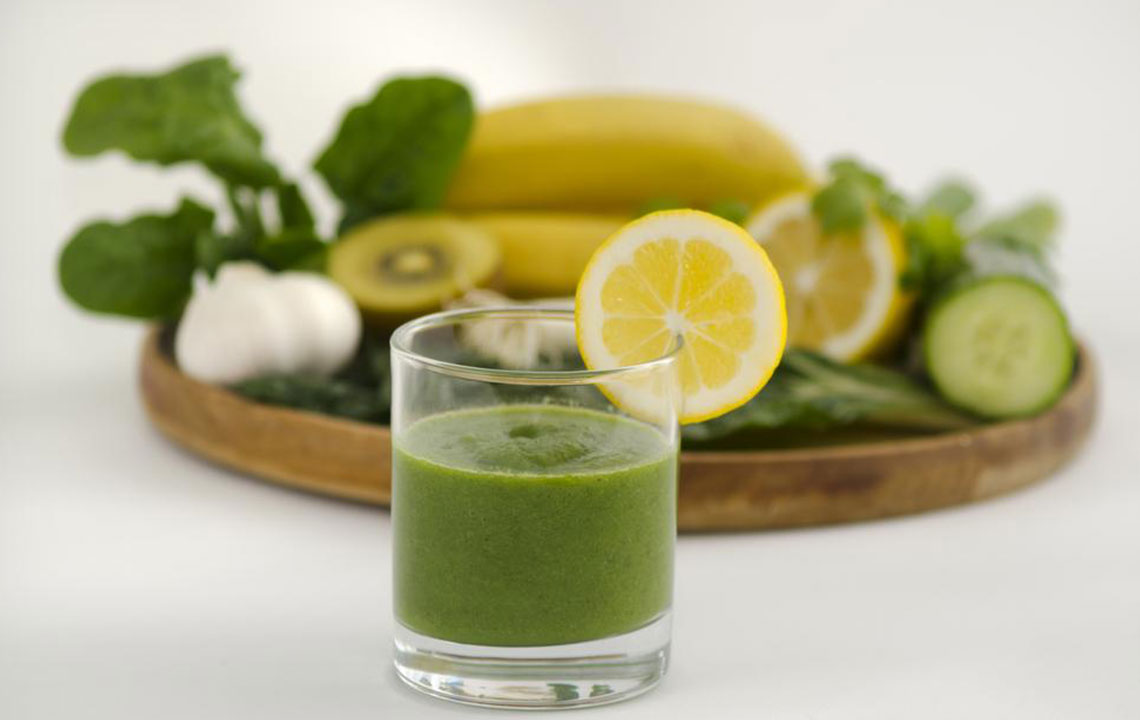Comprehensive Guide to Achieving Success with the Whole30 Diet Program
This detailed guide offers essential tips for success with the Whole30 diet, emphasizing elimination of sugars, grains, processed foods, and dairy to promote health and mindful eating. Learn how to reset your body, build sustainable habits, and enjoy long-term wellness benefits through disciplined adherence to the program's core principles.

Comprehensive Guide to Achieving Success with the Whole30 Diet Program
Initiating a 30-day transformation through the Whole30 diet can profoundly impact your overall health and well-being. This program is designed to reset your body and mind by eliminating certain foods that may contribute to inflammation, cravings, and sluggish digestion. Participants often report benefits such as clearer skin, increased energy, reduced inflammation, and a more balanced relationship with food. By committing to the core principles of Whole30, you can establish sustainable dietary habits that promote long-term health beyond the 30 days.
To maximize your results, it's essential to follow key guidelines during the program:
Remove added sugars from your diet
Eliminate all forms of added sugars, including natural sweeteners like honey, maple syrup, coconut sugar, and date syrup, as well as artificial sweeteners such as stevia, xylitol, Splenda, Nutrasweet, and similar products. Always scrutinize food labels carefully, as processed foods are often hidden sources of sugars. By avoiding added sugars, you help stabilize blood sugar levels, reduce cravings, and support overall metabolic health.
Abstain from alcohol and tobacco products
Alcoholic beverages are completely banned during the Whole30 challenge, even for cooking purposes. This restriction allows your liver and digestive system to reset, potentially reducing inflammation and improving detoxification processes. Similarly, limiting or avoiding tobacco use is recommended to support your body's healing and recovery, as both substances can hinder the benefits of the diet. Maintaining this strict abstinence enhances your body's natural healing capabilities.
Exclude all grains
All grains—such as wheat, oats, barley, rice, corn, bulgur, and sprouted grains like quinoa, buckwheat, and amaranth—must be omitted. These foods can contribute to blood sugar spikes and may contain anti-nutrients that impair nutrient absorption. It is vital to scrutinize ingredient labels diligently to prevent accidental consumption of hidden grains. Replacing grains with vegetables, healthy fats, and protein sources promotes better digestion and stabilizes energy levels.
Avoid processed junk foods
One of the fundamental goals of Whole30 is to rebuild a healthy, mindful relationship with food by steering clear of processed snacks such as chips, candies, fast foods, baked goods, and frozen meals. Although social situations or parties may pose challenges, steering clear of convenience foods enhances your health outcomes. This elimination fosters greater awareness of hunger cues and encourages preparing meals at home with whole, nourishing ingredients.
Steer clear of "healthier" convenience snacks and baked goods
Many products marketed as "fat-free" or "healthy" are laden with artificial sweeteners and additives that can undermine your health goals. These substitutes may cause digestive disturbances, hormonal imbalances, or cravings for more processed foods. Focus instead on natural, whole foods—such as fresh vegetables, fruits, nuts, seeds, and high-quality meats—that provide essential nutrients without additives.
Avoid tracking weight or measurements during the program
While weight loss is a common outcome of the Whole30, the primary aim is to foster a healthier relationship with food and promote long-lasting habits. Before beginning, record baseline measurements and weight, but during the program, avoid obsessively weighing yourself or measuring body parts. Instead, pay attention to how your body feels—energy levels, digestion, sleep quality, and overall mood. This mindset shift helps reinforce positive behaviors and reduces anxiety related to weight fluctuations.
Exclude all dairy products
Dairy, including milk, cheese, yogurt, sour cream, kefir, and creams, are eliminated in this program. Dairy can interfere with digestion for some individuals and contains components that may promote inflammation. Focusing on whole, unprocessed foods such as vegetables, fruits, nuts, seeds, and meats ensures your body receives essential nutrients while minimizing inflammatory responses. Eliminating dairy also encourages exploring new recipes and flavors, enriching your dietary experience.
By strictly following these comprehensive guidelines, participants can unlock the full potential of the Whole30 program, experiencing improved health, better digestion, and a renewed appreciation for nourishing, wholesome foods. The journey not only transforms your body but also cultivates a mindful approach to eating that can last a lifetime, setting the stage for sustained wellness and vitality.





